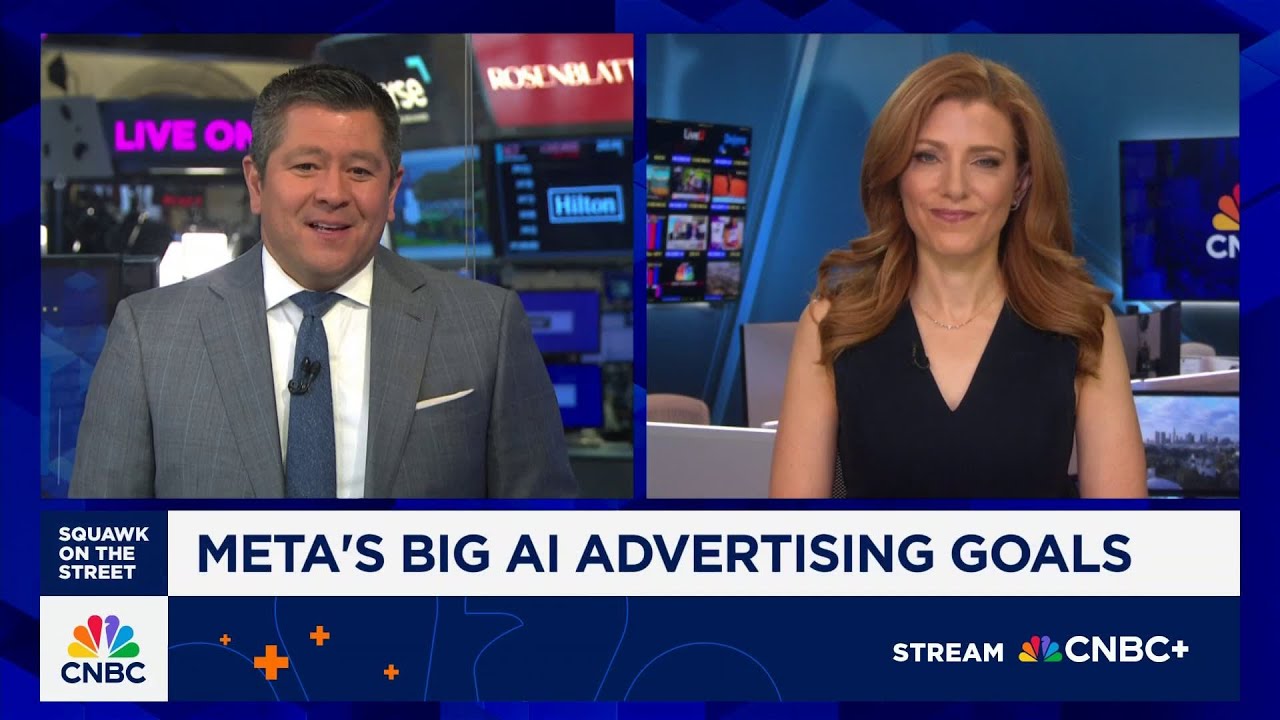Meta is advancing AI technology to develop fully automated ad creation and targeting tools that personalize and optimize advertising efforts, potentially reducing reliance on manual input and creative agencies. These innovations aim to increase efficiency and relevance in digital advertising, signaling a major shift in the industry while still acknowledging the ongoing role of traditional creative work.
Meta is making significant advancements in AI technology, particularly in the realm of advertising. While much attention has been given to their AI chatbot, Meta’s investments are also focused on developing AI tools that enhance ad creation and targeting. These innovations aim to streamline the advertising process and improve effectiveness for businesses using Meta’s platforms.
According to a report from the Wall Street Journal, Meta plans to introduce fully AI-driven ad creation and targeting capabilities as early as next year. This development would allow advertisers to generate and customize ads entirely through artificial intelligence, reducing the need for manual input and creative agencies. Meta’s existing Advantage Plus creative ad tools already utilize generative AI to produce images, text, and videos, marking a step toward more automated ad production.
Meta is also working on AI customization features that enable personalized ad experiences. These tools would allow the delivery of different ad versions tailored to individual consumers, enhancing relevance and engagement. CEO Mark Zuckerberg has expressed a vision where businesses can simply specify their objectives—such as sales or customer acquisition—and let AI handle the rest, including optimizing ad delivery and results based on budget and goals.
Zuckerberg has emphasized that, despite the rise of AI, creative agencies will still have a role in the advertising ecosystem. However, he acknowledged that AI could significantly change how creative work is done, with some tasks potentially being replaced or simplified through automation. The goal is to enable businesses to test multiple creative variations quickly and efficiently, identifying the most effective ad versions without extensive manual effort.
Overall, Meta’s push toward fully AI-driven advertising tools signals a major shift in the digital advertising landscape. While these innovations promise increased efficiency and personalization, they also raise questions about the future role of traditional creative agencies and the broader implications of AI in marketing. As Meta moves forward, the industry will be watching closely to see how these developments reshape advertising strategies and agency dynamics.
